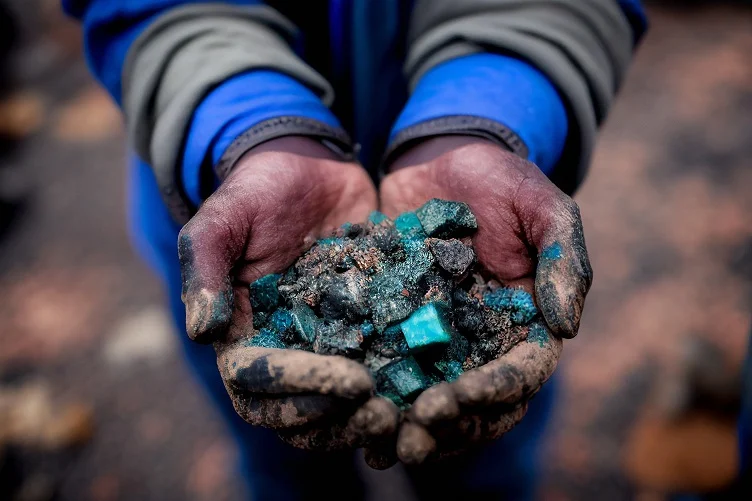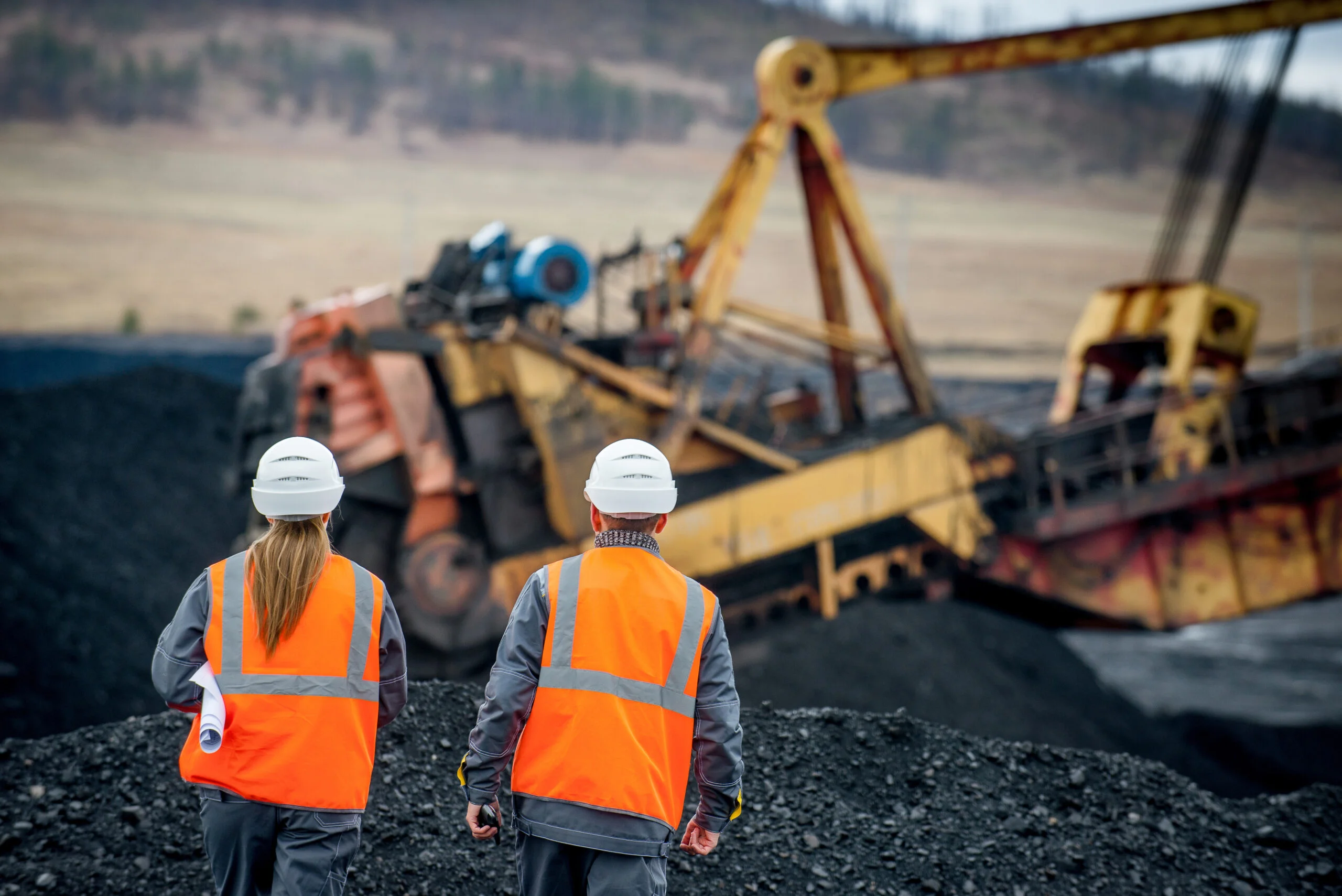Cobalt mining stands as a pivotal industry in the modern world, fueling the production of batteries, electronics, and various other industrial applications. Despite its significance, cobalt extraction presents numerous environmental, social, and ethical challenges that necessitate a careful approach. This exploration delves into the complexities of cobalt mining, evaluating its importance, impacts, and the ongoing efforts to foster sustainable practices within the industry. As we navigate through these aspects, we unveil the multifaceted nature of cobalt mining, highlighting both the hurdles and the potential pathways toward a more responsible and efficient utilization of this critical resource.

Understanding the Importance of Cobalt in Modern Industries
Cobalt is indispensable in modern industries, particularly in the manufacture of rechargeable lithium-ion batteries, which power everything from smartphones to electric vehicles (EVs). Its unique properties, such as high heat resistance and electrical conductivity, make it irreplaceable in many high-tech applications. Additionally, cobalt is used in aerospace, healthcare, and defense industries, underscoring its broad significance. The growing demand for cobalt, driven by the global shift towards renewable energy and electronic mobility, underscores the urgency to address the challenges associated with its supply.
Introduction to Cobalt Mining
Cobalt mining involves extracting the metal from the earth, primarily from cobalt-rich ore deposits. The Democratic Republic of Congo (DRC) leads as the largest producer, contributing significantly to the global supply. However, cobalt is also mined as a by-product of nickel and copper extraction in various parts of the world. The mining process varies depending on the geological setting, ranging from large-scale industrial operations to small, artisanal ventures. Understanding the methods and scales of cobalt extraction is crucial for addressing the environmental and social impacts associated with its production.


The Chemistry Behind Lithium Carbonate
Lithium carbonate, a compound derived from lithium salts, is the primary form of lithium used in batteries. It is the white powder that serves as the cornerstone of battery technology. Due to its high energy density and the ability to store and release electrical energy efficiently, lithium carbonate has become a crucial component in modern battery technology.
Exploring the Environmental and Social Challenges of Cobalt Mining
The extraction of cobalt poses significant environmental and social challenges. In regions like the DRC, mining activities have led to deforestation, soil erosion, and water pollution, adversely affecting local ecosystems and communities. Additionally, the sector is plagued by social issues, including labor exploitation and child labor, often linked to artisanal and small-scale mining operations. These challenges highlight the need for stricter regulations and more sustainable mining practices to mitigate the negative impacts on people and the planet.
Innovations and Solutions in Sustainable Cobalt Mining Practices
In response to these challenges, the industry is exploring innovations and solutions to promote sustainable cobalt mining practices. These include the development of more efficient and less invasive mining technologies, the implementation of strict environmental management systems, and the promotion of fair labor practices. Efforts to trace and certify ethically sourced cobalt through blockchain and other technologies are also gaining momentum, providing transparency and accountability in the supply chain.

Economic Impact of Cobalt Mining on Local Communities
Cobalt mining can have profound economic impacts on local communities. While it has the potential to contribute to economic development and poverty alleviation, the reality often falls short due to inequitable distribution of benefits, corruption, and environmental degradation. Enhancing community engagement and ensuring that local populations receive fair compensation and benefits from mining activities are essential for fostering positive economic outcomes and sustainable community development.

Global Supply Chain Dynamics in Cobalt Extraction and Distribution
The global supply chain of cobalt is an intricate and multi-layered network that encompasses a wide range of stakeholders, including small-scale miners, large mining corporations, intermediaries, manufacturers, and end-users. This supply chain is critical for numerous industries, particularly for the production of lithium-ion batteries used in electric vehicles (EVs), portable electronics, and energy storage solutions. The demand for cobalt is surging as the world shifts towards renewable energy and electric mobility, highlighting the importance of understanding the complexities and challenges within this global supply chain. Cobalt reserves are predominantly concentrated in the Democratic Republic of Congo (DRC), a country that, despite its rich mineral resources, has been plagued by political instability, conflict, and governance challenges. This concentration of cobalt reserves in a geopolitically unstable region introduces significant volatility and risks into the supply chain, including issues related to ethical sourcing, human rights abuses, and environmental degradation. The reliance on the DRC for cobalt necessitates a deep understanding of the geopolitical influences that can impact supply, such as regional conflicts, government policies, and international relations.
Regulatory Frameworks and Ethical Considerations in Cobalt Mining
Addressing the challenges of cobalt mining requires robust regulatory frameworks and ethical considerations. Governments and international bodies play a critical role in establishing and enforcing regulations that promote responsible cobalt extraction and protect human rights and the environment. Additionally, companies must adhere to ethical business practices, including due diligence in their supply chains, to ensure that their cobalt sourcing does not contribute to environmental harm or social injustice.
Future Prospects and Emerging Trends in Cobalt Mining Industry
The future of the cobalt mining industry is influenced by several factors, including technological advancements, shifts in global markets, and evolving regulatory landscapes. The increasing demand for cobalt, coupled with the need for sustainable and ethical sourcing, is driving innovation and change within the industry. Emerging trends, such as recycling cobalt from used batteries and investing in alternative battery technologies, are shaping the future prospects of cobalt mining, offering hope for a more responsible and sustainable approach to utilizing this critical resource.
In conclusion, cobalt mining embodies a confluence of challenges and opportunities. As the demand for cobalt continues to rise, it is imperative to address the environmental and social issues associated with its extraction. Through collaborative efforts, technological innovation, and responsible practices, the cobalt mining industry can navigate the complexities of modern demands while ensuring the well-being of communities and the environment. The path forward requires a collective commitment to sustainability, ethics, and equitable development, ensuring that cobalt remains a force for positive change in the global landscape.
